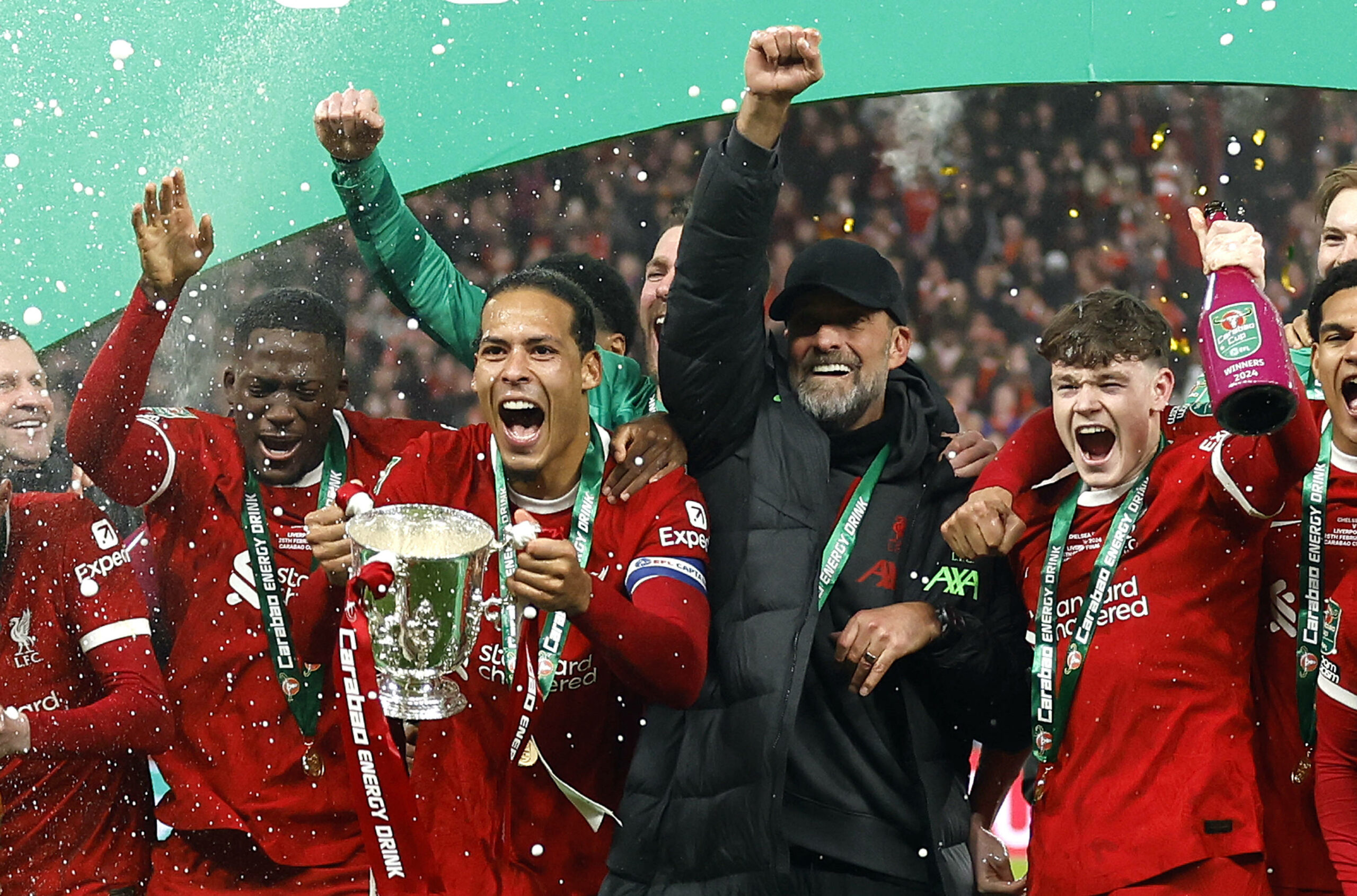Liverpool’s Managerial Legends: An Evolution of Greatness
Bill Shankly’s Unmatched Legacy
On the 50th anniversary of Bill Shankly’s resignation, The Athletic has provided us with a poignant reminder of the seismic impact he had on Liverpool Football Club. Shankly, a name synonymous with transformation and tenacity, took Liverpool from second-tier obscurity to the pinnacle of English football. As Shankly’s era ended abruptly on July 12, 1974, it was not just a managerial change but a cultural reset for the club. His philosophy laid the foundations upon which subsequent managers would build their successes.
Paisley and Dalglish: Building on Brilliance
Following Shankly, Bob Paisley took the reins, a transition that seemed conservative but was anything but. Under Paisley, Liverpool’s trophy cabinet expanded dramatically, adding six league titles and three European Cups, which were unprecedented at the time. Paisley’s strategy, focusing on a blend of continuity and shrewd signings like Kenny Dalglish, carved out a golden era for the Reds.

Kenny Dalglish, transitioning from star player to manager, faced the challenge of leading the club through its most tumultuous period. His tenure was marked by both exceptional football and profound grief, dealing with the aftermath of the Heysel and Hillsborough disasters. Dalglish’s empathy and leadership during these times cemented his legacy both on and off the pitch.
Modern Innovators: Houllier and Klopp
The narrative of Liverpool’s managerial history also praises those who modernized the club. Gérard Houllier, often overshadowed by his successor Rafael Benitez’s Champions League victory, was pivotal in re-establishing Liverpool as a competitive force. In 2001, Houllier secured a treble, including the UEFA Cup, signalling a return to winning ways. His tenure redefined Liverpool’s playing style and professionalized their training methods, setting a benchmark for the new millennium.

Jurgen Klopp, a figure as charismatic as Shankly, reshaped the club’s identity in the Premier League era. Klopp’s influence extended beyond tactics, inspiring a belief in success that had been dulled by years of near misses. His contributions to Liverpool include a Premier League title and a Champions League victory, achievements that had eluded the club for decades.
Liverpool’s Future Under Arne Slot
As Liverpool welcomes Arne Slot, the first head coach in its modern history, the discussion inevitably turns to how he might fit into this illustrious lineage. The role of a manager at Liverpool has evolved from merely setting the team on the field to embodying the club’s values, engaging with its passionate fanbase, and navigating the complexities of modern football economics.
Reflecting on Managerial Impact
What truly defines a great manager at Liverpool? Is it the silverware, the transformation of the team’s playing style, or the ability to uplift the community? Each manager mentioned in The Athletic’s reflection brought something unique to the table, whether it was Shankly’s foundational ethos, Paisley’s quiet dominance, Dalglish’s heartfelt leadership, Houllier’s modern tactics, or Klopp’s infectious optimism.
Liverpool’s history is rich with managerial greatness, and while the debate on who ranks highest will persist, the impact of these managers is undeniably profound. As we look to the future with Arne Slot, the echoes of the past remind us that success at Liverpool is not just about winning trophies; it’s about inspiring people and upholding a legacy of excellence.
Conclusion
Ranking Liverpool’s most influential managers is as much about the trophies as it is about the intangible contributions to the club’s ethos and identity. As The Athletic rightly points out, each manager has left an indelible mark on the club, shaping its course through history. Whether through tactical genius, cultural impact, or inspirational leadership, their legacies are a testament to the enduring spirit of Liverpool FC.



